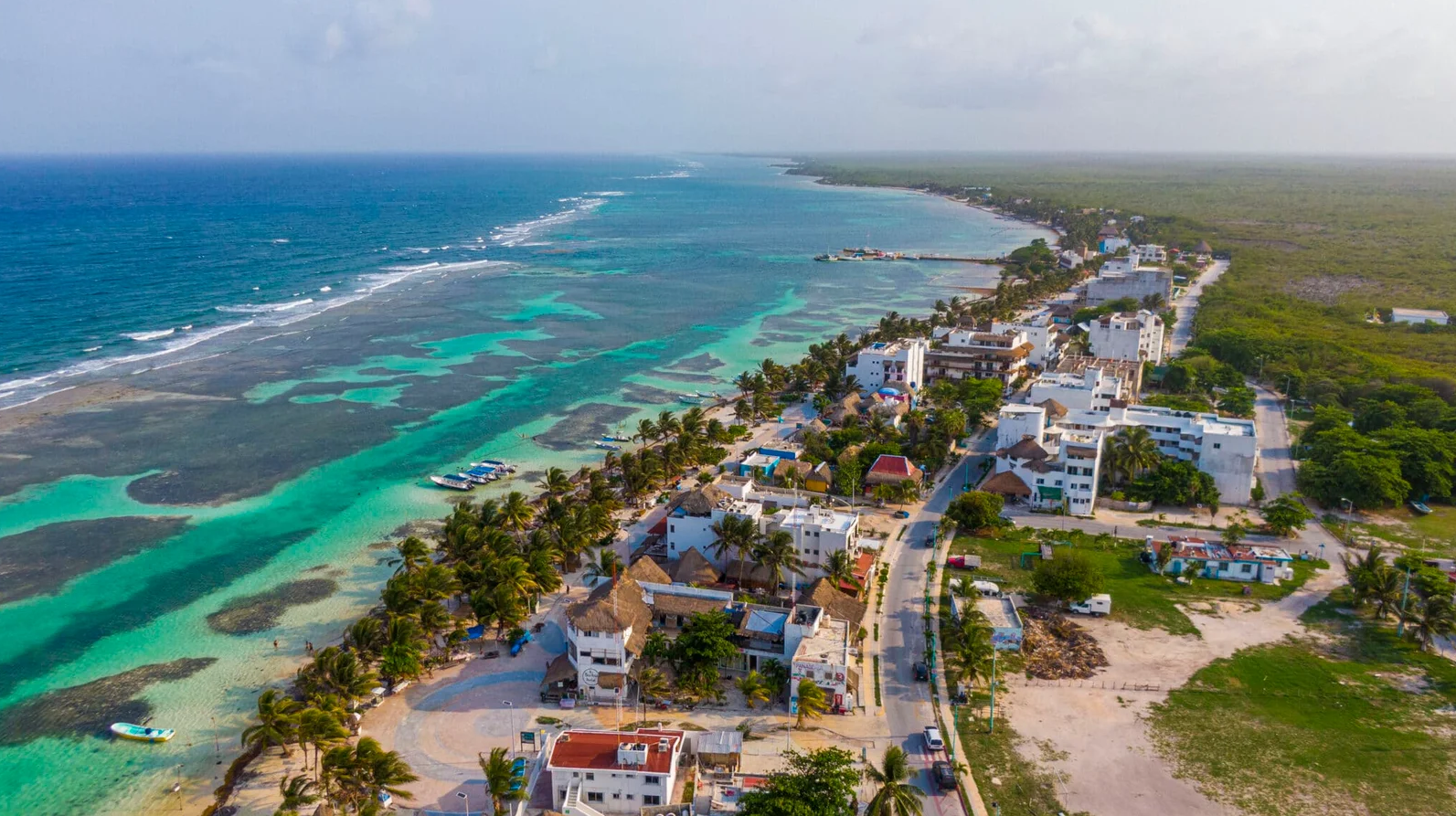
Buy property in Mexico
In this blog, we will guide you through everything you need to know about buying a property in Mexico, from the first steps to the taxes you need to consider.
ARTÍCULOS RECIENTES



Puerto Morelos: naturaleza, plusvalía y estilo de vida residencial
11 noviembre, 2025
No hay comentarios
Leer más »

El secreto detrás de una inversión inmobiliaria inteligente
4 noviembre, 2025
No hay comentarios
Leer más »

SUSCRÍBETE AL NEWSLETTER
Buying property in Mexico is an exciting decision that can open doors to a future full of possibilities. Mexico, with its rich culture, stunning beaches and vibrant cities, has become a very attractive destination for investors and people looking for their ideal home. However, the process of acquiring a property in this country can seem complex if you don’t know the right steps.
Guide to buying a property in Mexico
1. Make a formal offer
The first step in buying property in Mexico is to submit an offer. This is done through a “promise contract”, which your lawyer will draft for you. This contract ensures that both parties are committed to the transaction.

2. Reserve the earnest money deposit
Once your offer is accepted in writing, you must set aside 10% to 20% of the purchase price as an earnest money deposit. This money should be held in escrow with a third party to secure the transaction. Work with a lawyer or real estate agent to recommend a reliable system for this deposit.

3. Consider title insurance
We suggest that you obtain title insurance for your property if you can. This insurance guarantees that there are no hidden liens on the property. If the title is not clear, it is best not to go ahead with the purchase. A notary will investigate the title to make sure it is free of problems, but title insurance offers an additional layer of protection.

4. Documentation and title verification
At this stage, your lawyer will draft the purchase contract. It is crucial that the contract is in Spanish, as it will be the legally binding document. Make sure your lawyer reviews and explains all the details.
The notary will request all the necessary documents. In addition, you can ask for an appraisal to establish the real value of the property in Mexico.

Don’t forget to check that the seller has paid all utility bills and any mortgage debt.
What other steps should I follow?

5. Closing the property
When everything is in order, you will meet with the notary, the seller and your attorney to close the purchase of the property in Mexico. You will receive the deed and deliver the rest of the payment. It is crucial that you make sure you have the deed in hand before releasing the funds.

6. Registering your property
Even if you have a copy of the deed, the transaction is not complete until the notary registers the property with the appropriate office. Be sure to follow up to confirm that this step has been done correctly. Once registered, you will have a certificate of registration confirming the legality of your purchase.

7. Draft a will in Mexico
To avoid future problems, it is advisable to have your lawyer draw up a Mexican will. Although your property can be transferred to your heirs under your foreign will, the process can be lengthy and complicated in Mexico. A local will simplifies the transfer of assets.

8. Notify the Ministry of Foreign Affairs
Finally, you must inform the Ministry of Foreign Affairs of your purchase. This step is necessary for the transaction to be officially recognized and it is usually your attorney or the notary who requests permission on your behalf prior to closing..
If you are buying through a trust, the permit will be issued in a few days. If you are forming a Mexican corporation that will hold title to the property in Mexico, it may take up to 15 days for registration. In either case, if the deadline passes and you still have not heard back, then the trust permit or registration is considered automatically authorized.
Real estate taxes in Mexico

Transfer Tax
When you buy a property in Mexico, you must pay an acquisition tax. This tax varies by location, and in the Riviera Maya it is usually 3% to 3.3% of the value of the property.

Property Tax
Property tax in Mexico is much lower compared to the United States. It is a local tax that is generally paid quarterly. On average, it represents about 0.1% of the assessed value of the property at the time of sale.
In many communities, the “assessed” value of the property may be less than the market value, often only 30% or 40% of the actual sales price.
However, it is important to know that using an assessed value less than market value for tax purposes is illegal and could result in higher capital gains tax when you sell the property.

Rental Income Tax
If you rent your property in Mexico, the rental income is subject to tax. If you do not reside in Mexico, the rate is 25%. For residents, the regular income tax rate applies.

Capital Gains Tax
When selling a property in Mexico, you must pay a capital gains tax. This tax can be up to 35% of the gain, but can be reduced depending on the length of time you have owned the property, deductions allowed only if you have official invoices, and other factors.
Buy a property in Mexico with iBrokers
At ibrokers we can help you purchase your property in Mexico, we have great experience in the local market, especially in the Riviera Maya region. In addition, we have a wide range of properties. Don’t forget to follow us on Facebook, Instagram, and YouTube. If you have any questions or want to talk to a local real estate agent, you can contact us directly.

